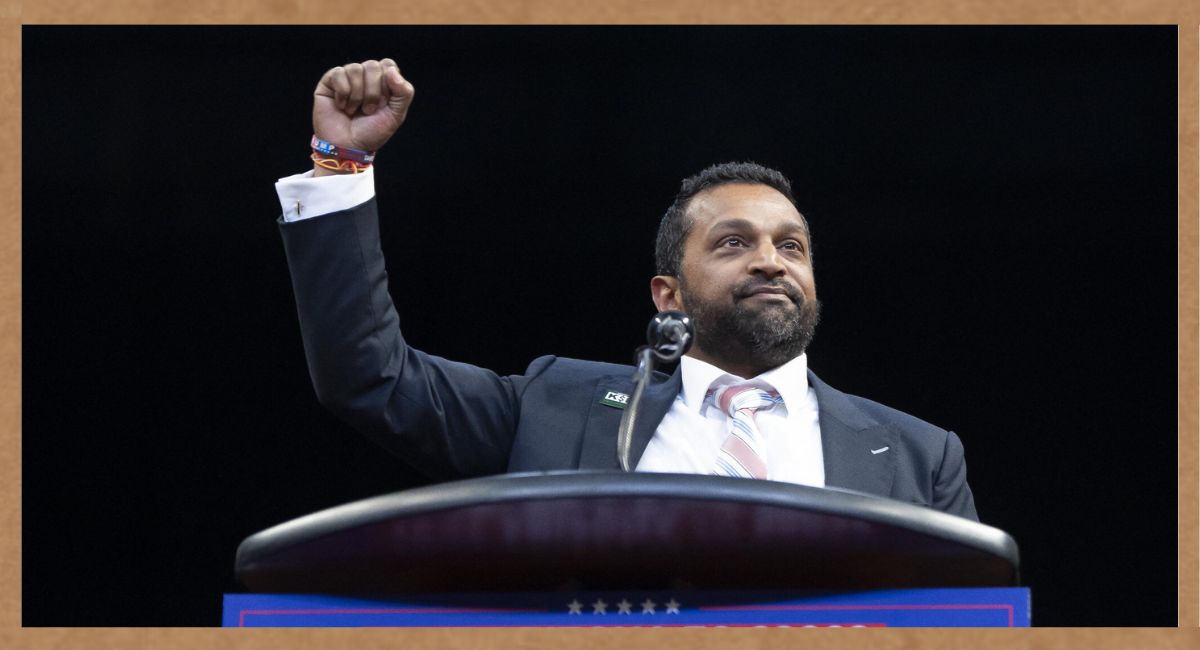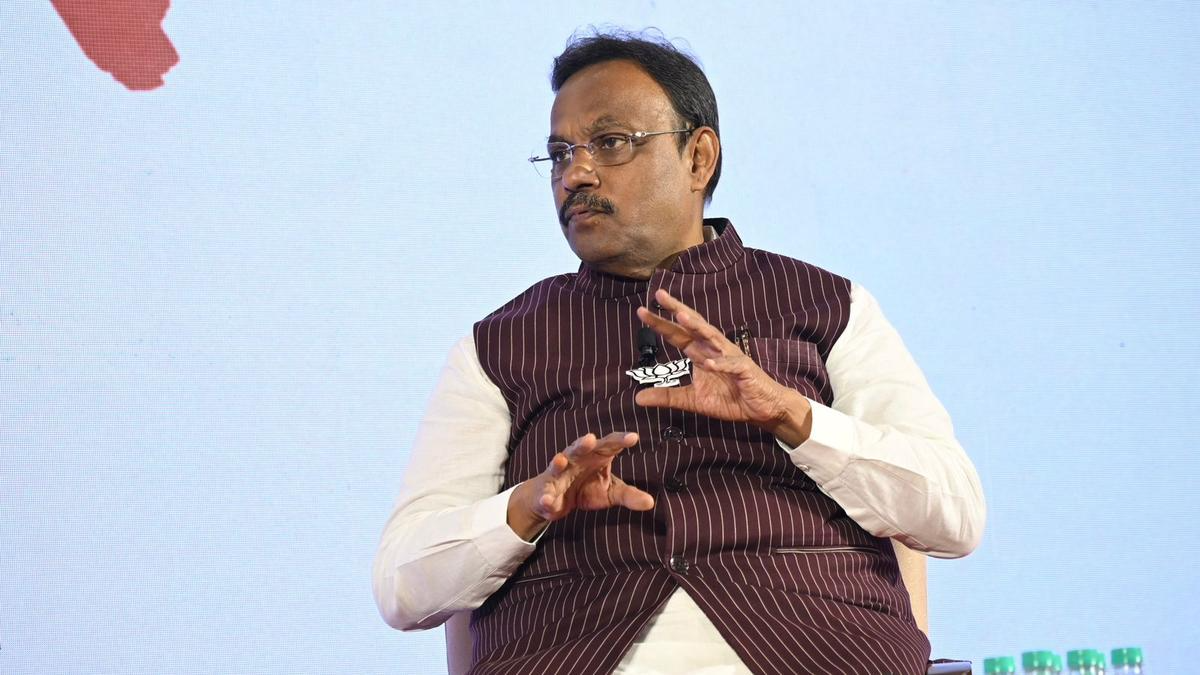“A Joke in Progress”: Future of the Waqf Board Parliamentary Committee in Question
November 27, 2024 | by Soyam Modi

The Waqf Board Parliamentary Committee, a body responsible for overseeing Waqf properties and ensuring their efficient management, has been under scrutiny recently. Allegations of mismanagement, inefficiency, and lack of accountability have raised questions about its future. Critics have even gone as far as to label the committee as “a joke in progress,” pointing to its inability to address pressing issues.
In this article, we’ll explore the challenges faced by the Waqf Board Parliamentary Committee, its current state, and the steps needed to revive its relevance.
What Is the Waqf Board Parliamentary Committee?
Understanding Waqf and Its Importance
Waqf refers to an endowment made by Muslims for religious, educational, or charitable purposes. Properties under Waqf are often used to fund mosques, schools, orphanages, and other community services. These properties, both movable and immovable, are considered sacred and meant for the welfare of the community.
The government established Waqf Boards in each state to manage these properties and ensure they are used correctly. At the national level, the Waqf Board Parliamentary Committee oversees these state boards, ensuring that their operations align with the law and serve the community’s interests.
The Committee’s Role and Responsibilities
The Waqf Board Parliamentary Committee is tasked with:
- Monitoring the management of Waqf properties across India.
- Ensuring that these properties are used for their intended purposes.
- Addressing grievances related to mismanagement or illegal encroachment of Waqf properties.
- Proposing amendments to existing laws for better governance of Waqf properties.
While its responsibilities are significant, the committee’s effectiveness has been questioned due to mounting challenges.
Challenges Faced by the Waqf Board Parliamentary Committee
Mismanagement of Waqf Properties
One of the biggest criticisms against the Waqf Board is the alleged mismanagement of its properties. Reports suggest that many properties are either underutilized or have been illegally encroached upon. Instead of generating revenue for the community’s welfare, these properties often fall into disrepair or are used for purposes not aligned with their original intent.
Lack of Accountability
The committee has been accused of lacking transparency and accountability. Stakeholders, including members of the Muslim community, often complain about the absence of a clear mechanism to monitor how funds and properties are being managed. This lack of oversight has led to widespread mistrust.
Political Interference
Another major issue is political interference. Instead of functioning as an independent body, the Waqf Board Parliamentary Committee is often seen as influenced by political agendas. This has led to decisions that do not always prioritize the community’s needs.
Bureaucratic Inefficiency
The committee’s operations are often bogged down by bureaucratic red tape. Delays in decision-making, poor implementation of policies, and an overall lack of urgency have hindered its ability to deliver on its promises.
Encroachment Issues
Illegal encroachment of Waqf properties is a persistent problem. Despite numerous complaints and legal provisions, the committee has struggled to address this issue effectively. Many encroachers remain in possession of these properties, depriving the community of their rightful resources.
Why Critics Call It “A Joke in Progress”
Failure to Deliver Promised Reforms
Critics argue that despite years of functioning, the Waqf Board Parliamentary Committee has failed to implement meaningful reforms. Promises to streamline property management, enhance transparency, and curb corruption have largely remained unfulfilled.
Public Discontent
Many members of the Muslim community, who are the primary beneficiaries of Waqf properties, feel let down by the committee. Their grievances about mismanagement and encroachment often go unheard, leading to frustration and a sense of abandonment.
Symbolism Without Substance
The committee is often accused of being a symbolic body with little real power. While it holds meetings and makes recommendations, the actual implementation of these recommendations remains weak, further eroding its credibility.
What Needs to Be Done?
To address the issues plaguing the Waqf Board Parliamentary Committee and restore its reputation, several steps need to be taken.
Strengthen Accountability Mechanisms
Introducing robust accountability measures can help rebuild trust. This includes:
- Regular audits of Waqf properties and funds.
- Publishing reports on the committee’s activities and finances for public scrutiny.
- Setting up a grievance redressal system to address complaints promptly.
Curb Political Interference
The committee must operate as an independent body, free from political agendas. Clear guidelines should be established to prevent undue influence, ensuring that decisions are made in the best interests of the community.
Digitize Waqf Property Records
Creating a digital database of all Waqf properties can help track their usage and ownership. This will make it easier to identify and address issues like encroachment and mismanagement.
Enhance Community Participation
Engaging with the community is crucial for the committee’s success. Regular consultations with stakeholders can ensure that their concerns are heard and addressed. This also helps in building a sense of ownership and trust.
Fast-Track Legal Actions
Encroachment issues often get delayed due to prolonged legal battles. Establishing fast-track courts for Waqf-related disputes can help resolve these matters quickly and effectively.
Increase Funding and Resources
For the committee to function efficiently, it needs adequate resources. Allocating more funds and manpower can enable the committee to carry out its responsibilities more effectively.
The Future of the Waqf Board Parliamentary Committee
The future of the Waqf Board Parliamentary Committee hangs in the balance. While it has the potential to play a vital role in managing Waqf properties and ensuring their proper utilization, it must first address the systemic issues that have plagued its operations.
By implementing reforms and regaining public trust, the committee can transform itself from being “a joke in progress” to a model of efficiency and accountability. However, this will require strong leadership, political will, and active participation from the community.
Conclusion
The Waqf Board Parliamentary Committee, despite its noble objectives, has struggled to live up to expectations. Labeling it as “a joke in progress” may sound harsh, but it reflects the frustration of those who depend on its effectiveness. The challenges of mismanagement, lack of accountability, political interference, and encroachment are not insurmountable.
The path forward lies in embracing transparency, fostering independence, and actively involving the community in decision-making processes. If these steps are taken, the committee can reclaim its relevance and serve as a true guardian of Waqf properties, fulfilling its mission of community welfare.
The future is not set in stone, and with the right reforms, the Waqf Board Parliamentary Committee can still turn things around. The question remains: will it rise to the occasion, or will it remain, as critics say, “a joke in progress”?
RELATED POSTS
View all



